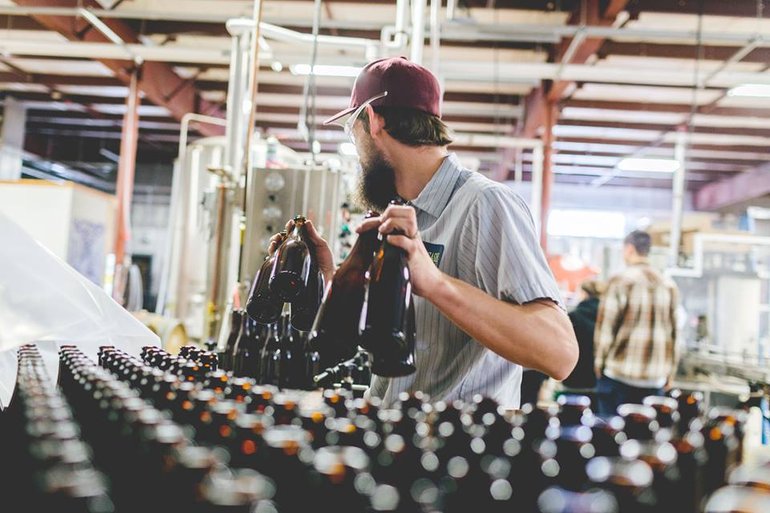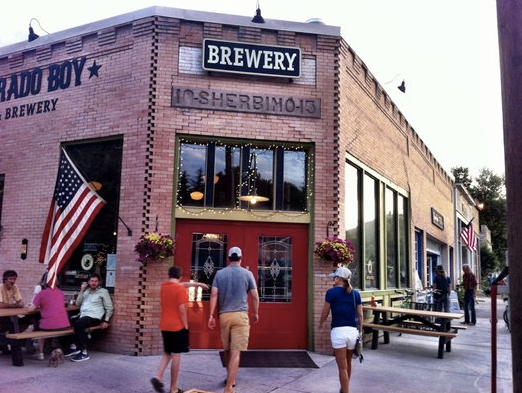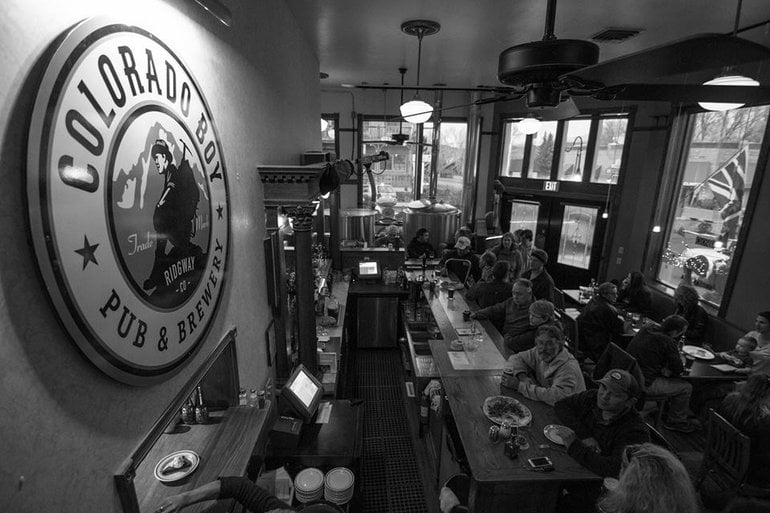Start 14-Day Trial Subscription
*No credit card required

Why Craft Breweries Are Signing the Brewery Climate Declaration
It’s no secret that the craft brewing industry uses a lot of water and a huge variety of agricultural products to make beer. Consequently it’s no surprise that a lot of breweries are passionate about reducing their waste, recycling, and implementing water and electricity-saving methods in the brewing process, an approach consistent with this week’s Earth Day. 
Allagash Brewing Company in Portland, Maine is no exception. The brewery has put into place a comprehensive sustainability initiative with a focus on reducing waste and using less water and power. In 2013, 99.43 percent of all the waste produced at the brewery, including spent grain and yeast, was diverted from landfills. That equates to more than 4.3 million pounds of waste diverted.
“We also pay close attention to how we use all of our water,” said Allagash brewer Eric Larkin, who is also a member of the Brewers Association Sustainability Committee. “That means everything from installing water-free urinals and flow restrictors on every faucet in the building, to investing in wastewater treatment tank enabling us to self-regulate our own effluent without adding extra water and reusing water from the interior bottle rinser on the bottling line.”
Alongside more than 40 of the country’s breweries Allagash recently signed the Brewery Climate Declaration. This campaign is a branch of the Ceres nonprofit organization’s Climate Declaration for American Companies to show support of business sustainability initiatives and urge lawmakers to do the same. The specific Brewery Climate Declaration advocates that American craft breweries measure greenhouse emission, use renewable energy and recycled steam, capture methane, cut transportation emissions, and become certified in Leadership in Energy and Environmental Design (LEED).
“As an industry that has become a leader in growth and job creation we are drawing national attention,” said Larkin. “If brewing as a whole can take a stance on sustainability that shows other industries it's possible to conserve resources while growing, that could set a strong precedent for other industries to follow.”
Tom Hennessy, who owns Colorado Boy Pub & Brewery in Ridgway, Colorado, agrees. “The Brewery Climate Declaration is what we believe in, and I tend to geek out about energy savings and efficiency,” he said. All of the electricity at Colorado Boy is wind-powered, all of the spent grain is fed to local cattle, and all of the grain bags are repurposed as trash bags. “We have solar hot water and an on-demand hot water heater, and we re-capture all our heat exchanger water and re-use it for cleaning and other brews. We leave it in the mash tun and it helps heat the pub,” Hennessy said. “I know the little things we do hardly scratch the surface, but we are trying.”
Colorado Boy and Allagash are joined on the Brewery Climate Declaration by New Belgium Brewing Company and Sierra Nevada Brewing Company, both well known for their sustainability efforts, as well as LEED Certified breweries Brewery Vivant (the first LEED Certified commercial brewery in the United States) and Smuttynose Brewing Company, among many others. Both Hennessy and Larkin hope that the list of breweries that have signed the declaration will continue to grow.
“These are simple smart actions a business can take,” Hennessy said. “The landlord of the Empire State building spent an extra 19 million dollars to upgrade windows and heating cooling systems making everything more efficient. Their return on investment took about 3 years... Tree huggers? I think not.”
“The more awareness we can have around creating an economic movement fueled by lessening our impact, the better,” Larkin added. “What better way to spark interest in sustainability than by using beer as an example?”



